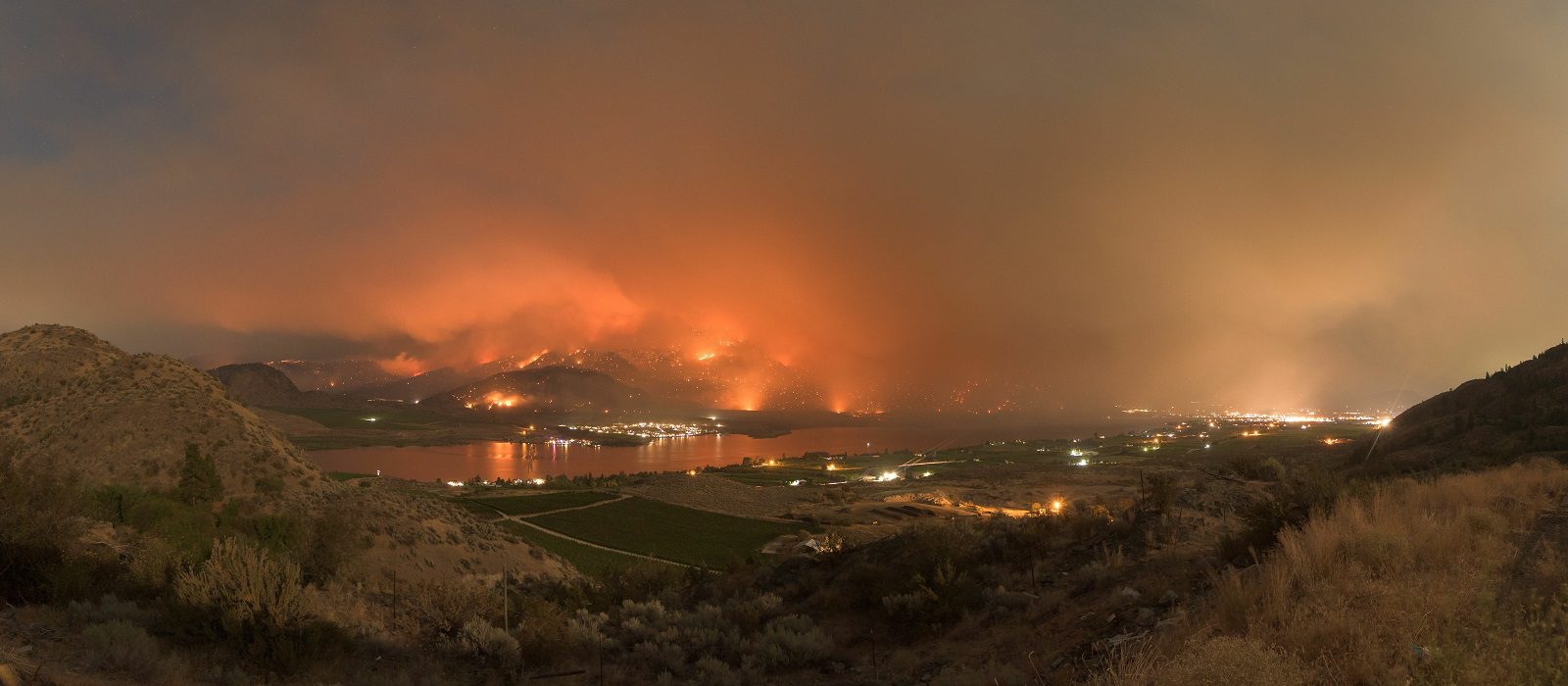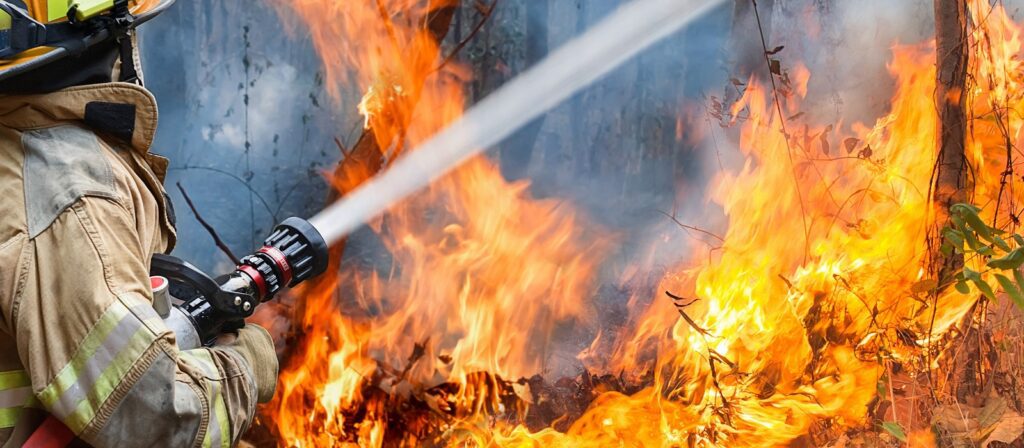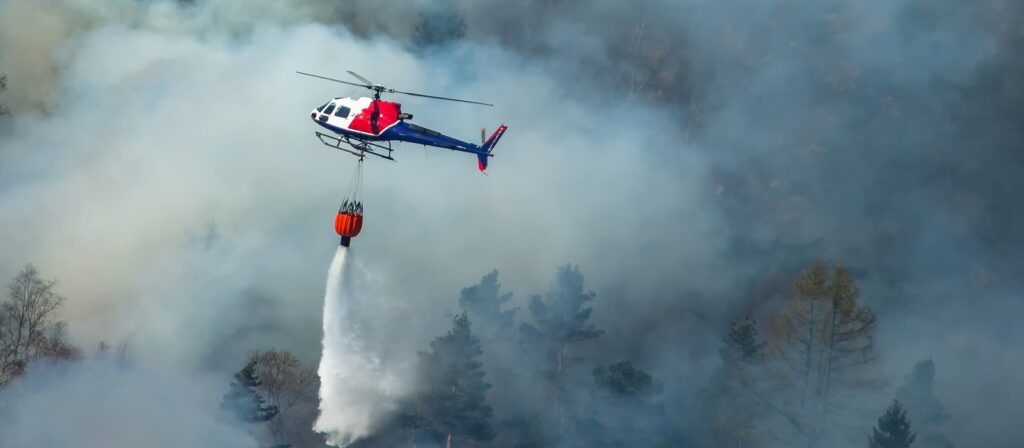With the early start to the 2024 wildfire season, Canadian ICMIF member Gore Mutual Insurance has announced a partnership with Wildfire Defense Systems (WDS), the largest provider in North America of Qualified Insurance Resource wildfire loss intervention services. The aim of the partnership is to actively defend all Gore Mutual residential and commercial building policyholders in British Columbia.
When those policyholders have a property at risk due to imminent wildfire threats, WDS will protect that property using a variety of services, including the removal of combustible materials surrounding the property, securing exterior vents and entrances to prevent ember intrusion, and the deployment of temporary sprinkler systems to mitigate fire risk.
“As a purpose-driven, modern mutual, Gore Mutual aims to provide unparalleled protection for our customers. Our partnership with WDS underscores this commitment,” said Andy Taylor, CEO, Gore Mutual. “With WDS’s expertise and resources, we are better equipped to protect properties in British Columbia against the escalating threat of wildfires, furthering our mission of proactive risk management and ensuring the safety and security of our customers and their property.”
Gore Mutual says this partnership with WDS is a proactive measure to ensure the significant losses incurred during last year’s wildfire season don’t happen again. In addition to protecting customers’ homes and businesses, the company believes it’s crucial for it to tackle the broader issue of reducing the environmental impacts of wildfire, as they significantly contribute to air pollution and carbon emissions, exacerbating climate change. The mutual insurer says it is initiatives such as its partnership with WDS that will play a vital role in mitigating these long-term effects.
“By partnering with WDS, Gore Mutual is not just protecting our customers’ properties, we’re breaking the cycle of wildfire devastation” said Suzanne Courtlander, SVP, Claims, Gore Mutual. “This initiative shields our customers from financial and emotional distress while reducing harmful CO2 emissions. It’s a proactive step towards a safer, more sustainable future.”






